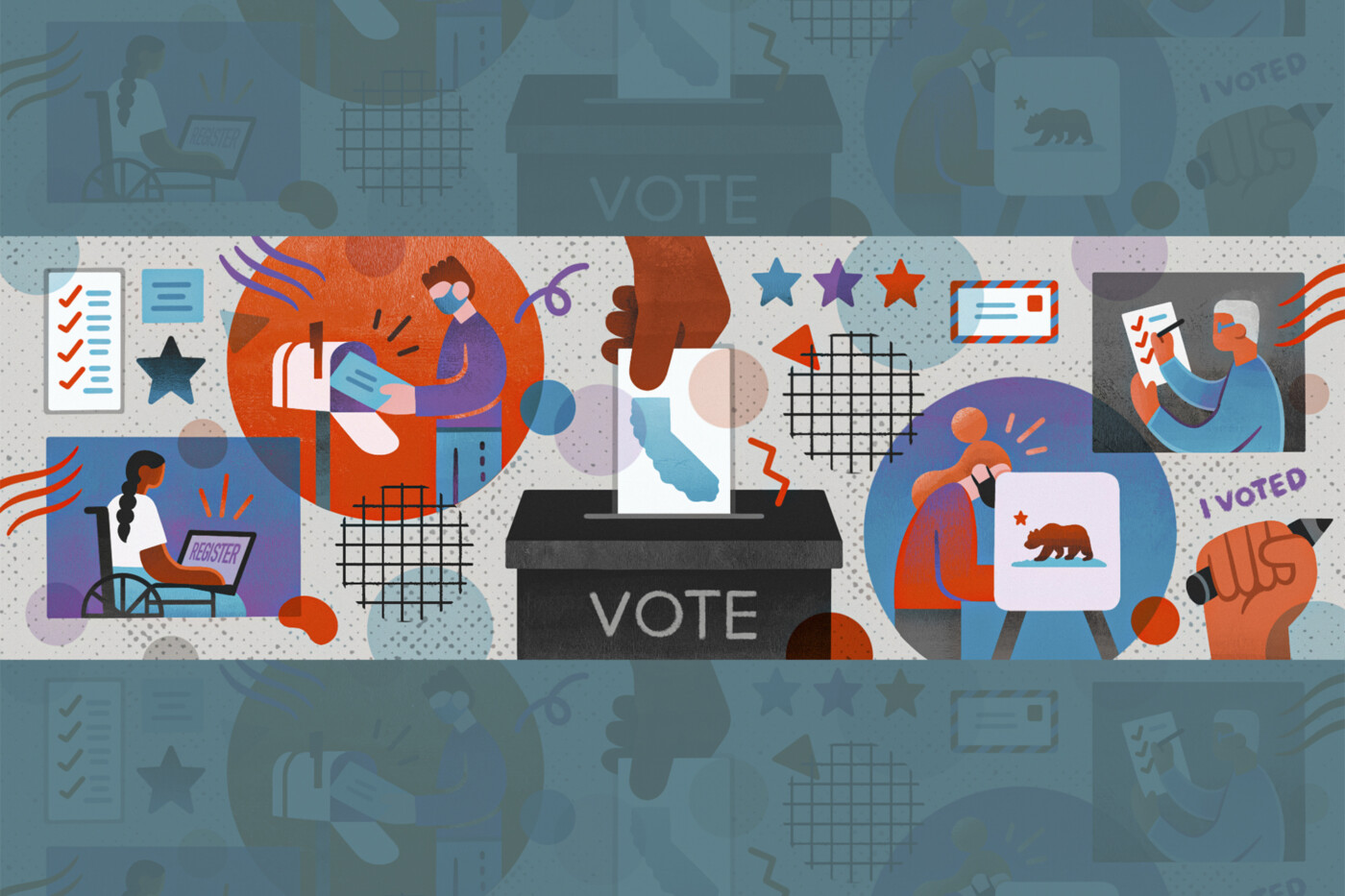From CalMatters state Capitol reporter Sameea Kamal:
It was a case that some said threatened to erode California’s voting rights law. But after a ruling by the state’s Supreme Court on Thursday, some of its protections are reaffirmed, for now.
The case, filed by the Pico Neighborhood Association and others in 2016, alleged that Santa Monica’s at-large voting system for city council violates the California Voting Rights Act by diluting the voting power of the Latino community, which at the time made up 14% of its voting-age population. Instead of council members being elected citywide, the plaintiffs want the city divided into districts, and voters in each one to pick their representative.
In February 2019, a trial court ruled in the association’s favor and ordered the city to switch to district-based voting. But in July 2020, a state appeals court reversed that decision.
On Thursday, California’s high court unanimously ruled that was a mistake — that the appeals court had “misconstrued” the California Voting Rights Act. Justice Kelli Evans, writing for the six other justices, said that plaintiffs only have to prove racially polarized voting in an at-large system — not that minority voters would make up a majority or near-majority of a hypothetical district.
- Pico Neighborhood Association, in a statement: “The at-large election system in Santa Monica has marginalized the Pico Neighborhood and its diverse residents for far too long.”
While U.S. Sen. Alex Padilla of California supported the association, the League of California Cities and the Special Districts Association filed briefs backing the city. So did a coalition including the League of Women Voters of Santa Monica and the Alliance of Santa Monica Latino and Black Voters, arguing that the city has “achieved significant success in ensuring voting power for Latino and Black voters” under the at-large system.
The case now goes back to the appeals court for further consideration. The city of Santa Monica said it was “reviewing the Supreme Court’s opinion and working to assess the path forward.” The association urged city officials to “settle the case quickly” and not spend taxpayer money on more litigation that “would be much better spent addressing the city’s many public safety and community services needs.”
Under the 2001 state voting rights act, minority groups gained greater leverage to challenge at-large elections that might dilute their voting power. At least 185 cities and nearly 400 other California jurisdictions have switched to district-based elections, according to the League of California Cities.
- Kevin Shenkman, who represented the association and has filed dozens of lawsuits against cities regarding at-large elections: “There are some places that were waiting to see what the California Supreme Court would do and what they would say in this Santa Monica case, and so now they will have those answers.”
The affirmation of the state’s law is in contrast to court rulings on the federal Voting Rights Act — which have weakened protections over the last ten years.
Speaking of crucial court cases: On Wednesday, protesters gathered outside the Ninth U.S. Circuit Court of Appeals in San Francisco to show their support, or opposition, to an upcoming ruling that would either uphold or cease a previous court order that currently bars the city from removing homeless encampments unless it can provide housing options.
The appeals court is hearing arguments from city officials and advocates for homeless people over whether San Francisco is actually complying with the court order and developing an adequate number of homeless shelters. But advocates say the city is not providing enough housing and criminalizing homelessness.
In response to the case, Gov. Gavin Newsom announced he is sending an additional $38 million to help local communities clean up encampments, saying that judges across the country hand down decisions that “paralyze” local government’s ability to address homelessness.
- Newsom, in a statement: “In California, we are cutting red tape and making unprecedented investments to address homelessness, but with each hard-fought step forward, the courts are creating costly delays that slow progress.”
